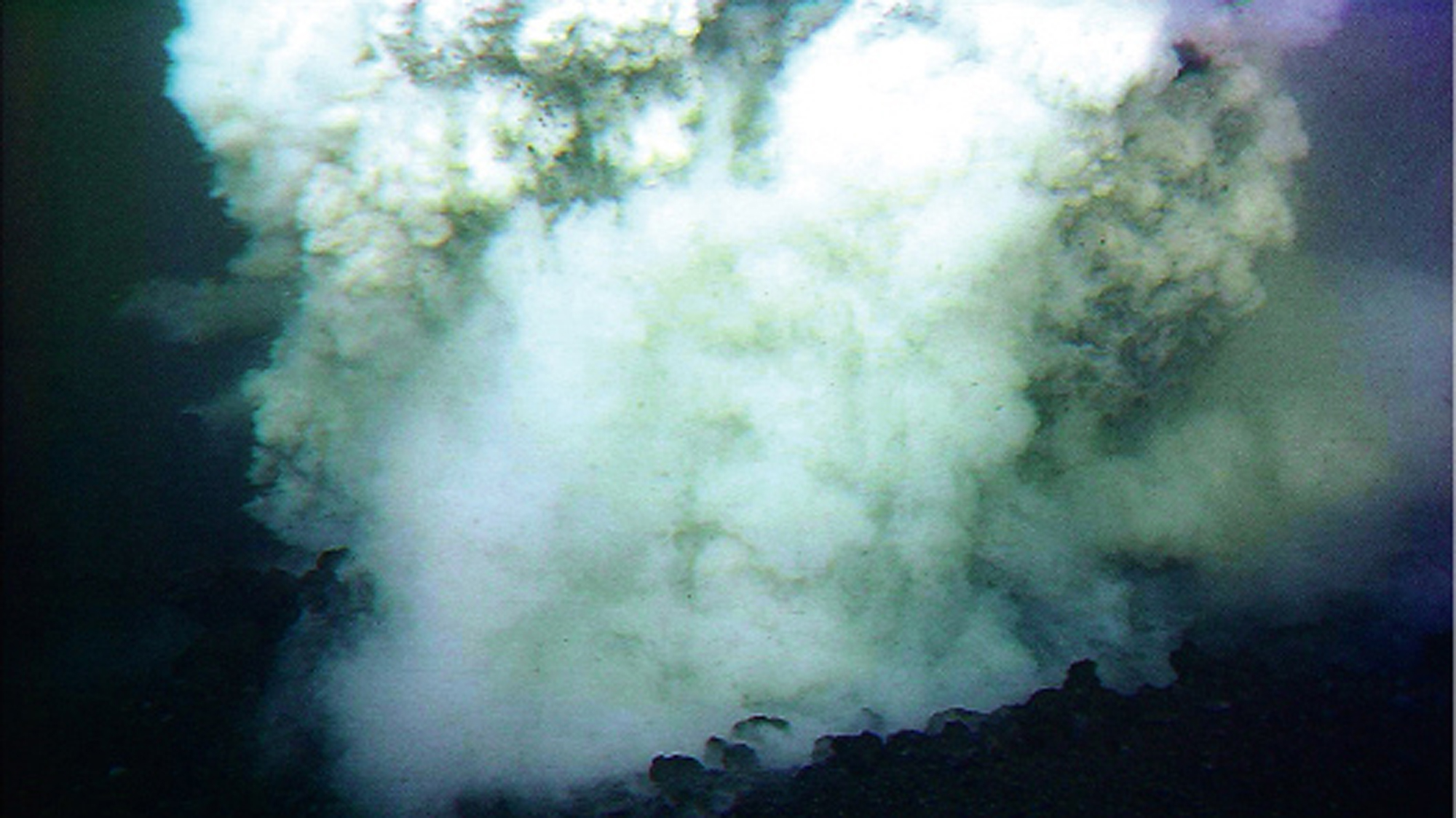
A new study claims that volcanic eruptions along the ocean floor may impact earth’s climate cycle and that predictive models, including those that analyze humanity’s impact on climate change, may need to be modified.
“People have ignored seafloor volcanoes on the idea that their influence is small—but that’s because they are assumed to be in a steady state, which they’re not,” said Maya Tolstoy, a geophysicist and author of the study that appeared in Geophysical Research Letters and was also reported on in Science Daily.
Until now, scientists presumed that seafloor volcanoes exuded lava at a slow and steady pace, but Tolstoy thinks that not only do the volcanoes erupt in bursts, they follow remarkably consistent patterns that range anywhere from two weeks to 100,000 years.
The reason why the study is important is because it offers up the idea that undersea volcanoes may contribute to the beginning of a global warming cycle.
See The Best Biology Photos Of The Year
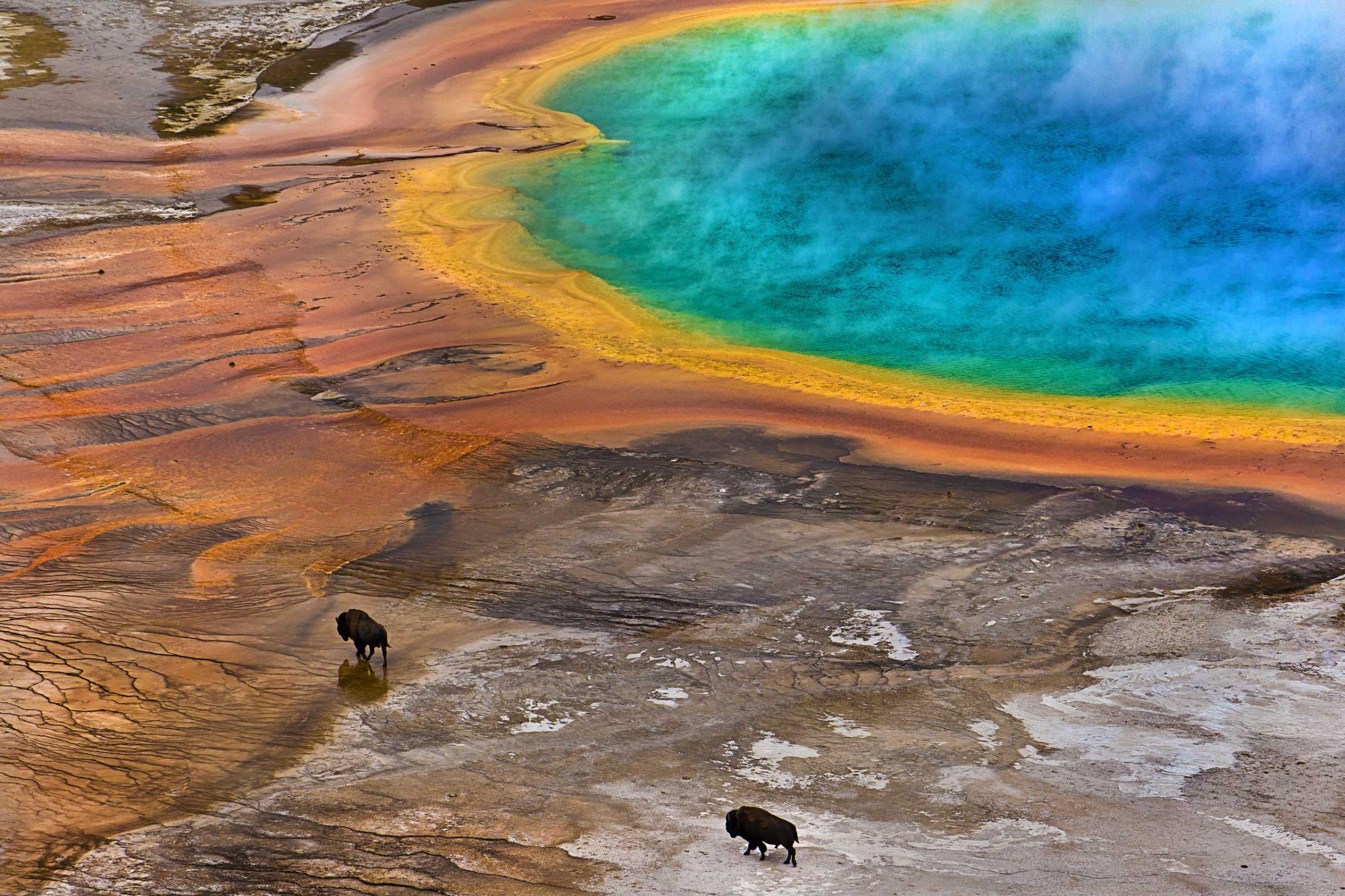

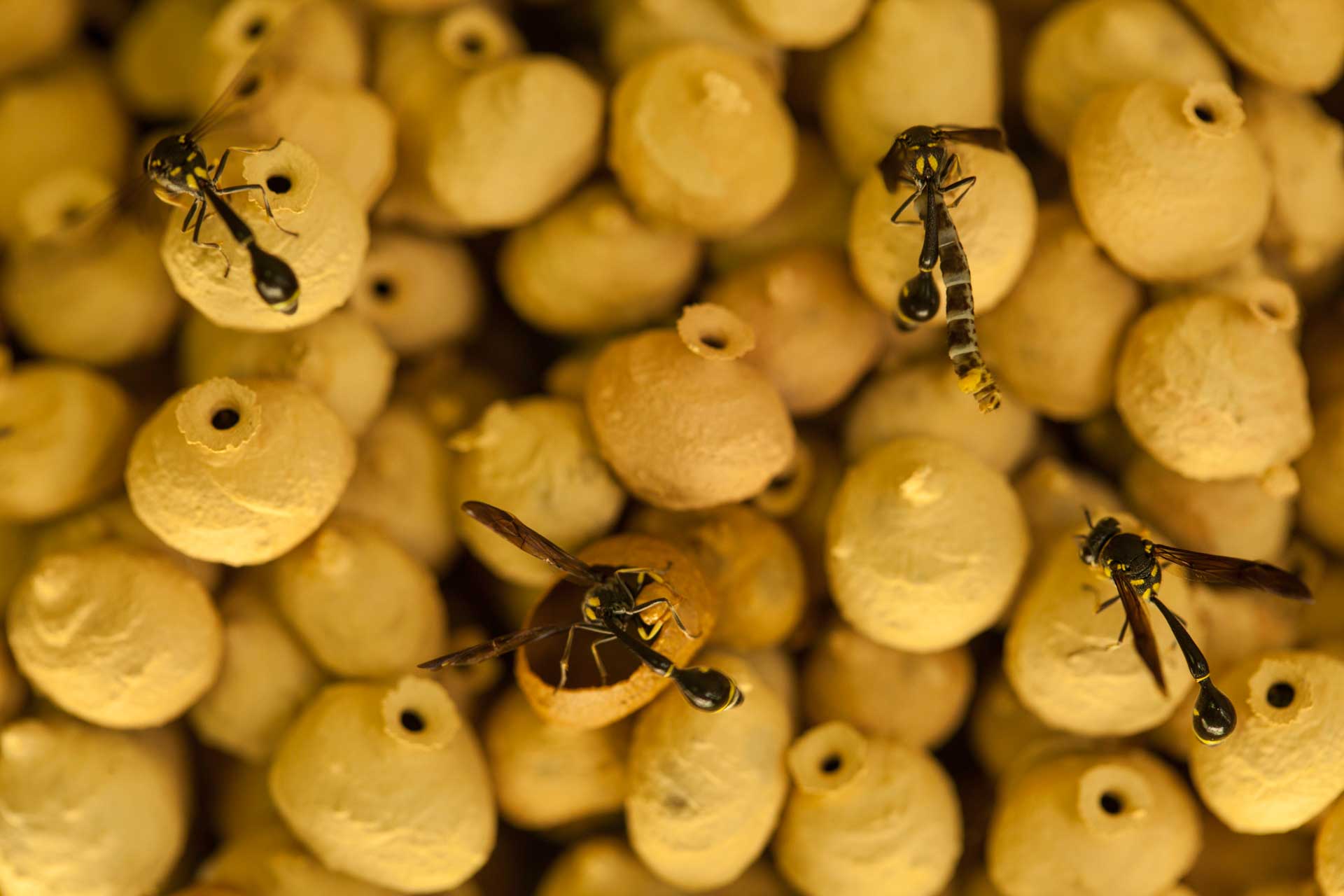
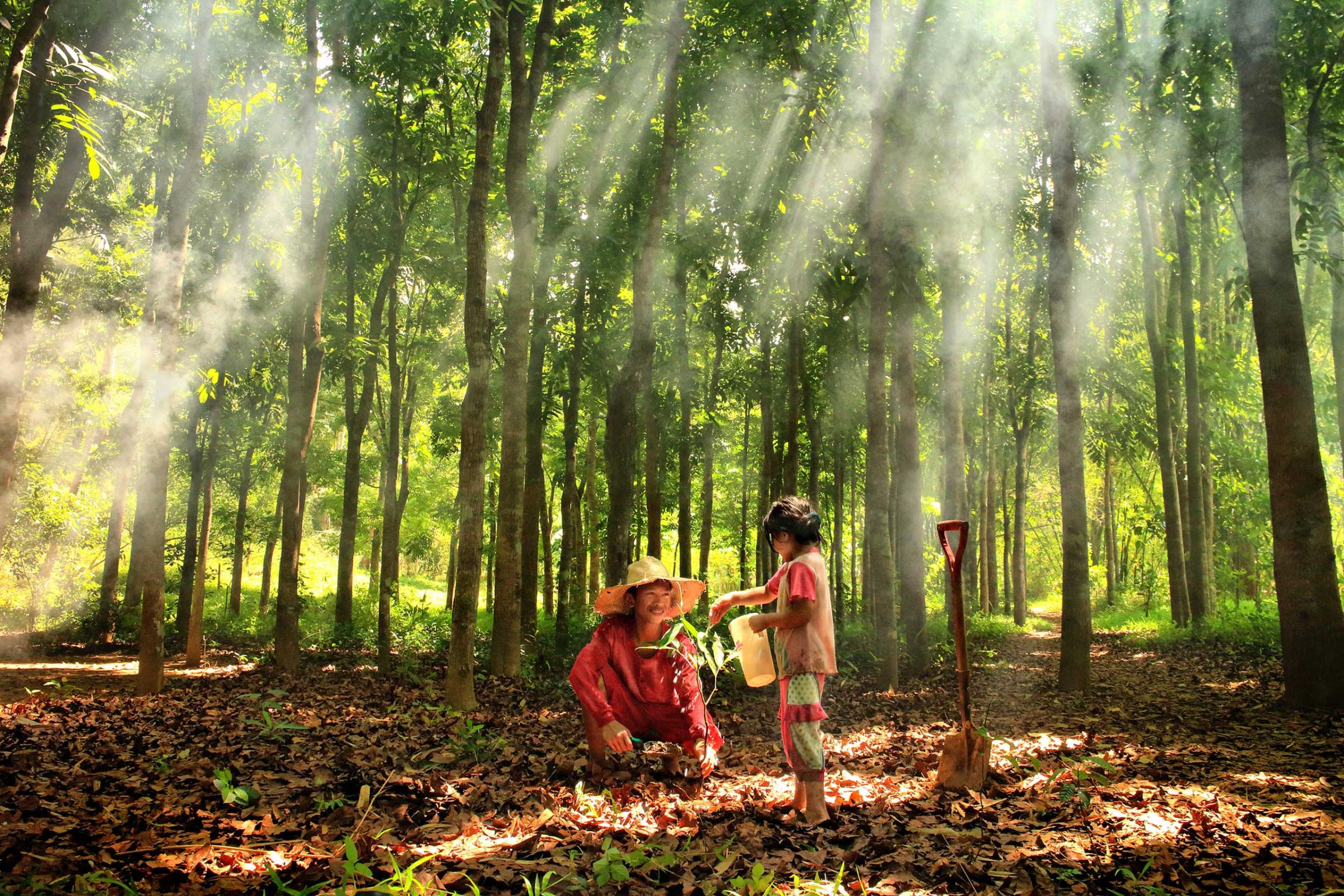
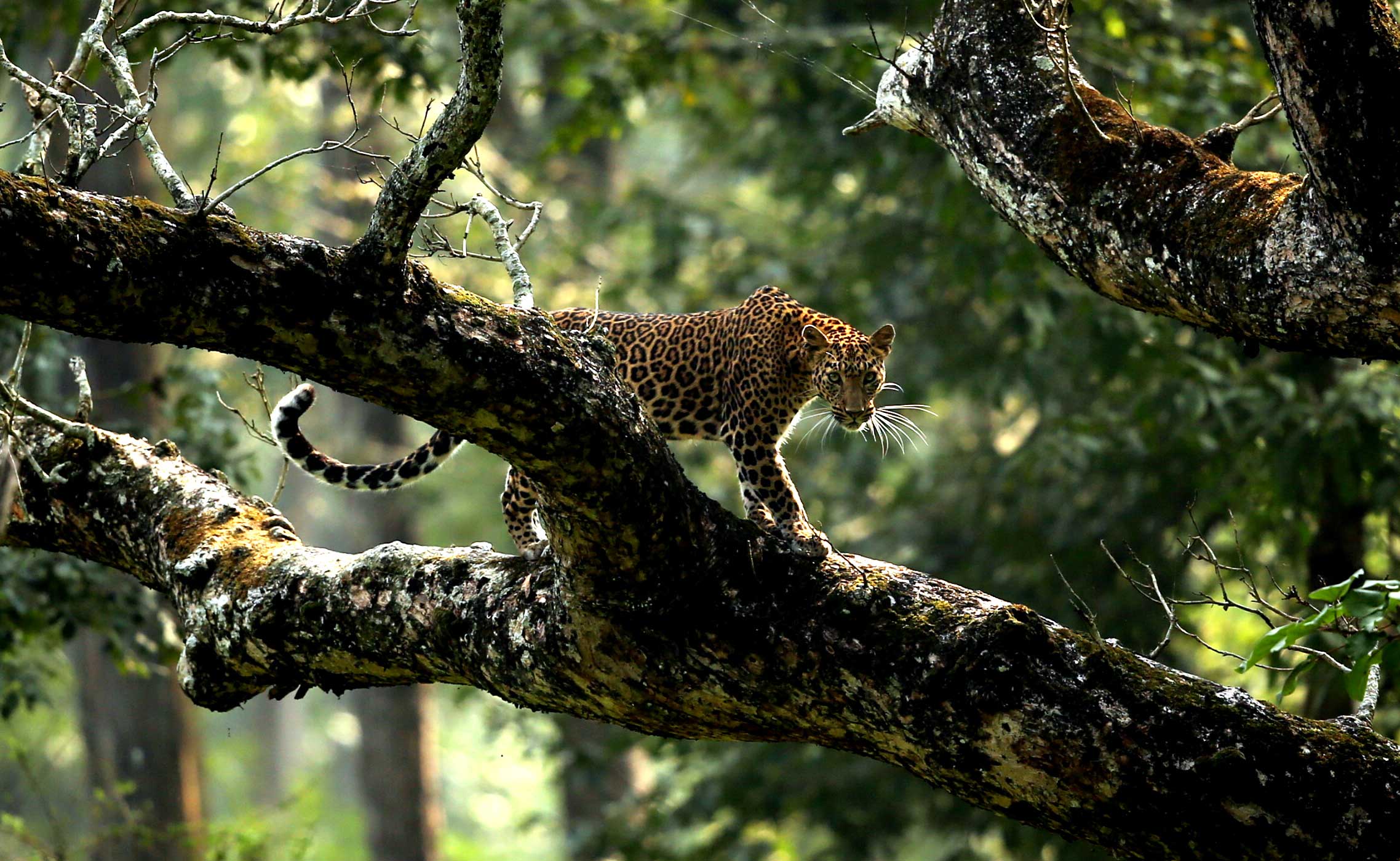
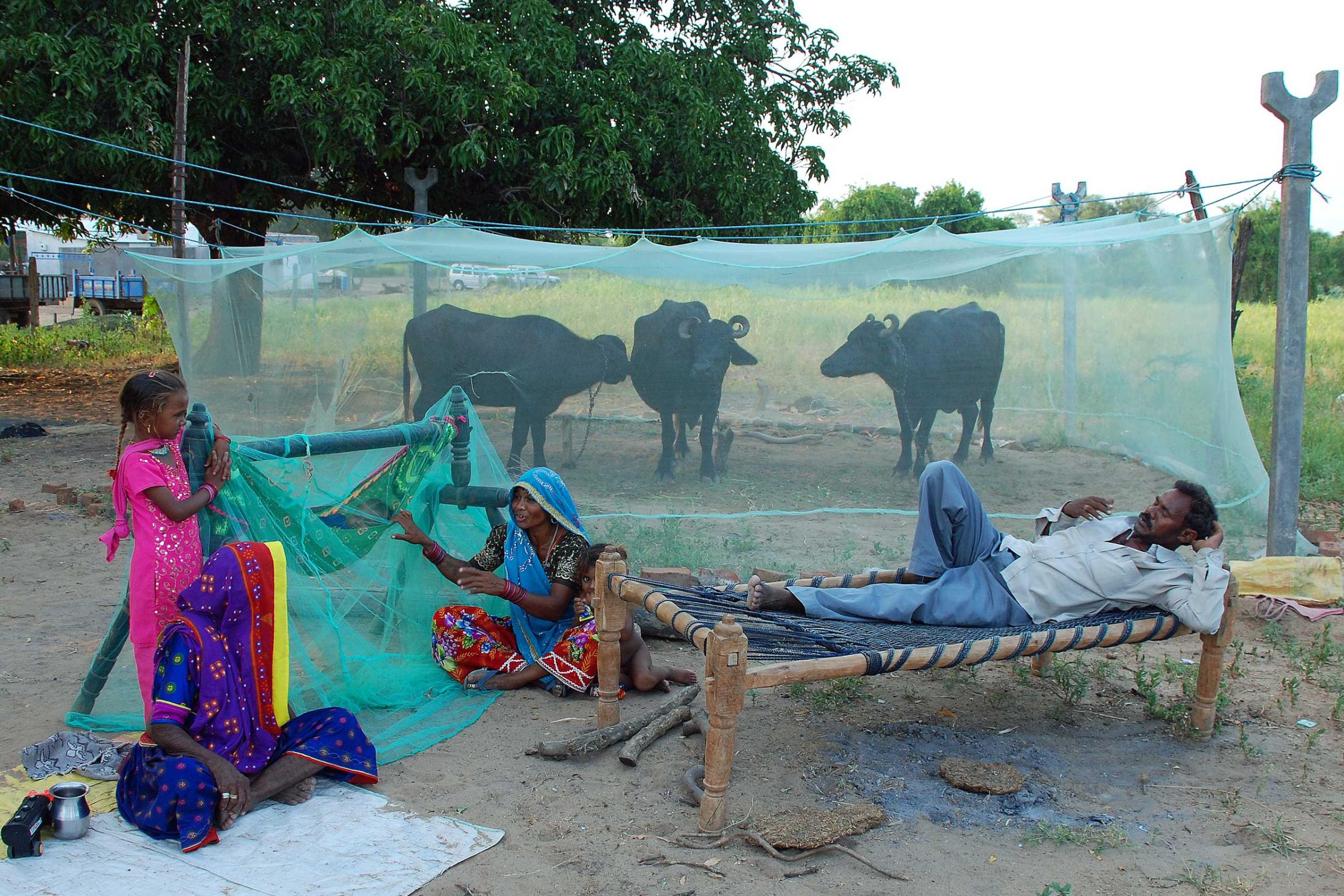

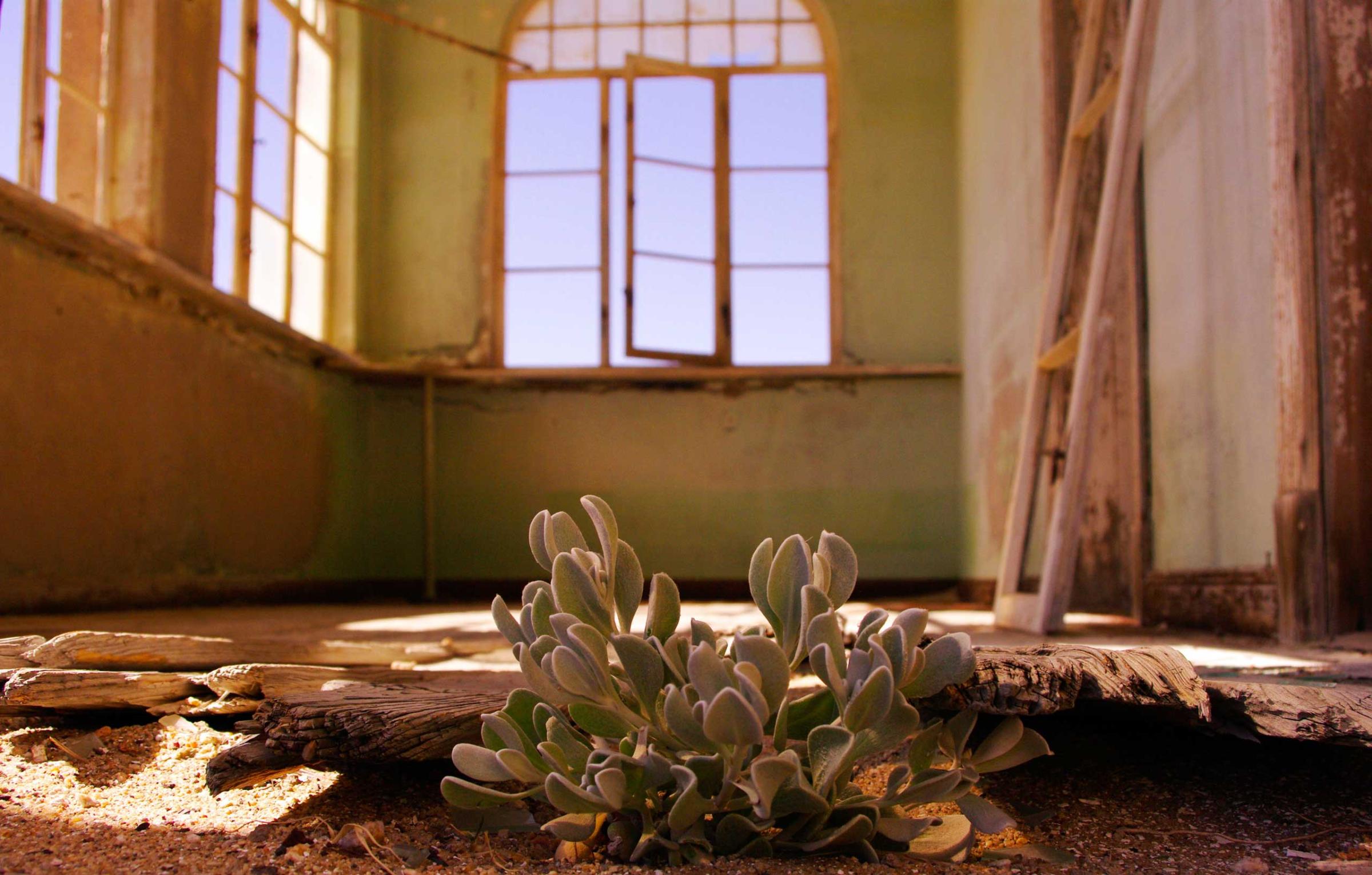


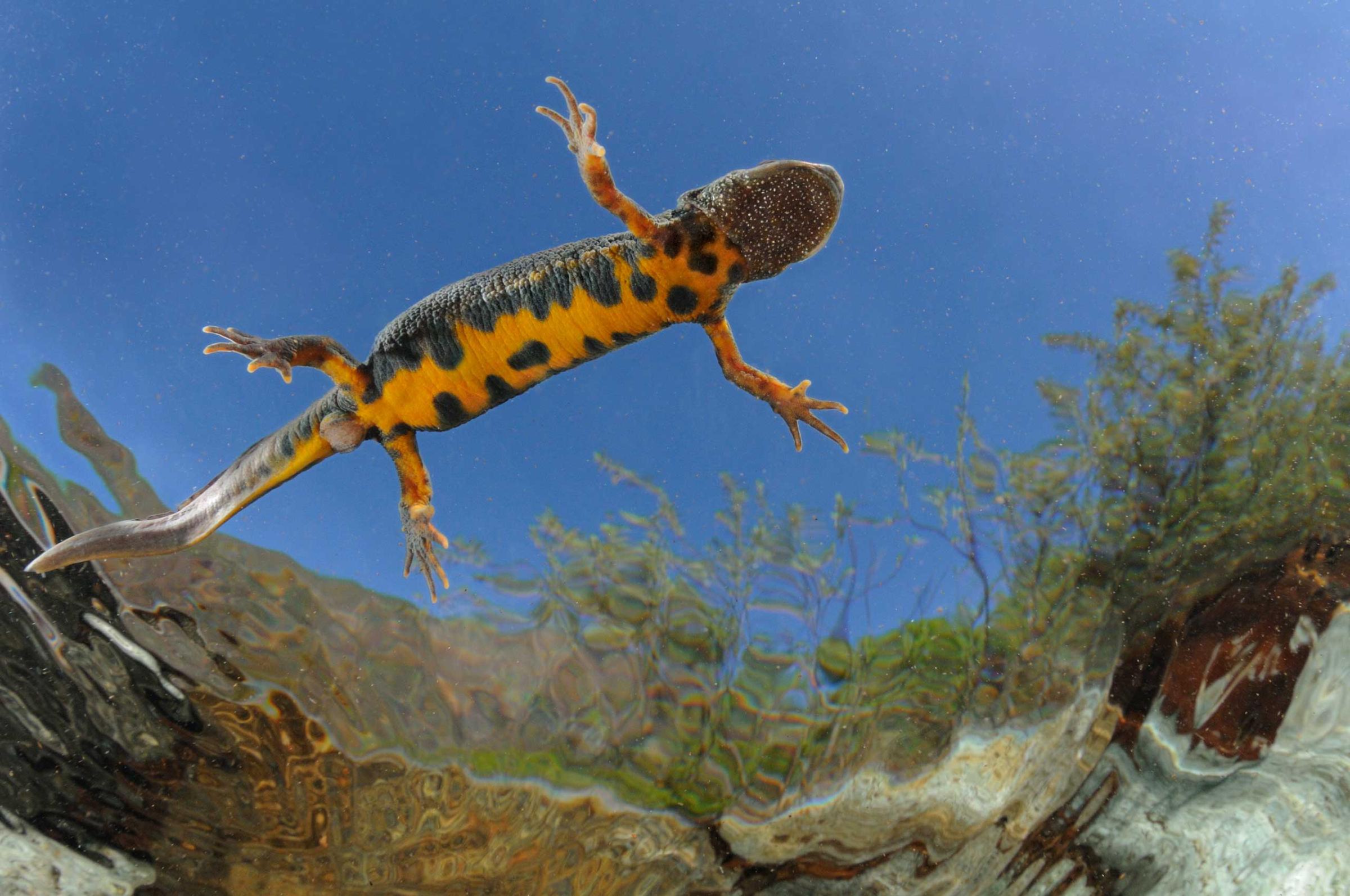
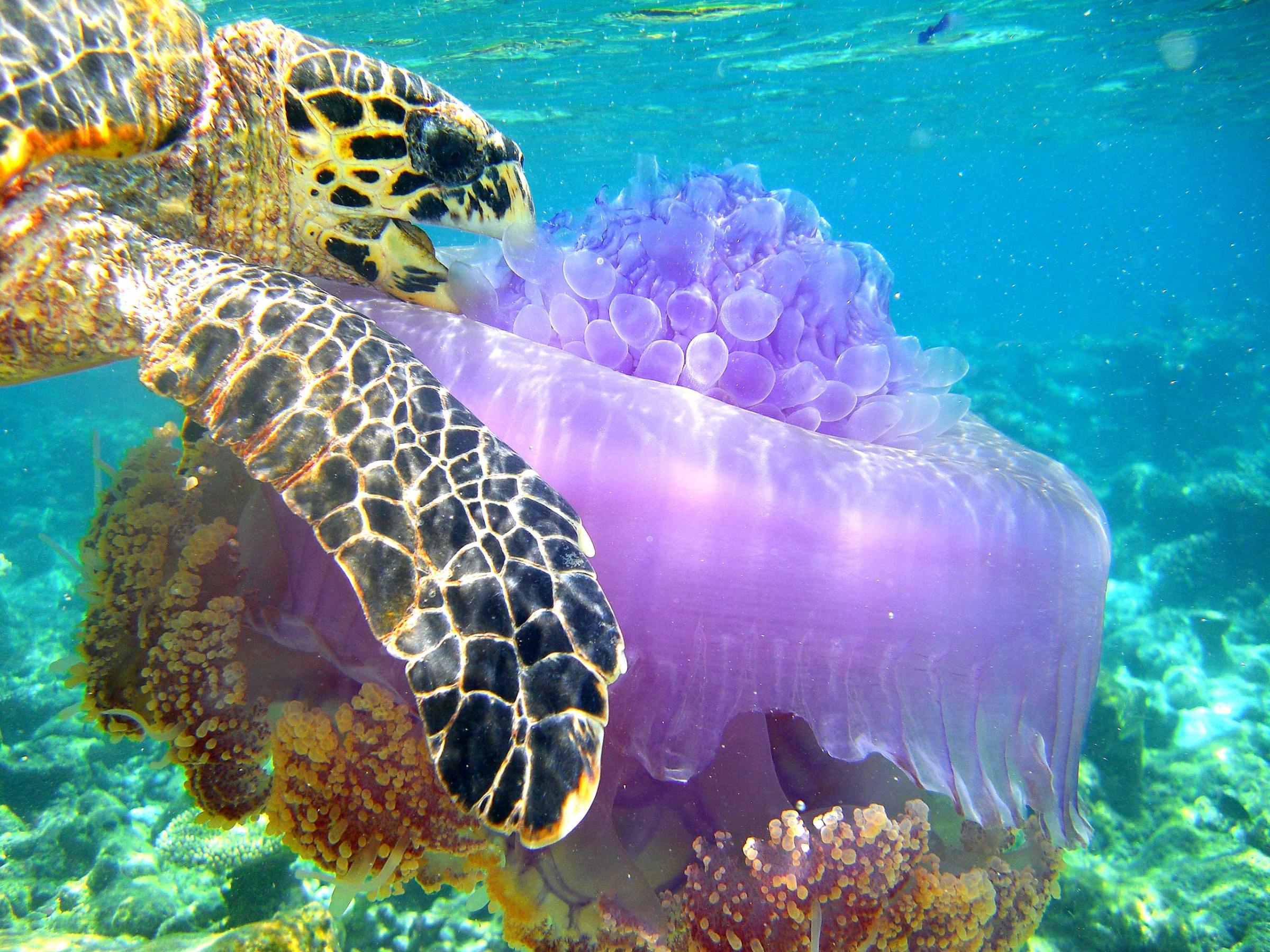
Here’s how:
Scientists believe as the Earth warms and ice melts, pressure is released which causes more land volcanoes to erupt. More eruptions means more CO2 is emitted into the atmosphere, causing the Earth to warm further and creating a cycle.
But undersea volcanoes erupt for the opposite reason. When more ice is created on a cooling Earth, that lowers sea levels and relieves pressure on undersea volcanoes, bringing about more eruptions.
So that begs the question, could the undersea volcanoes be releasing enough CO2 to affect the warming process on land?
Read more at Science Daily.
More Must-Reads from TIME
- Cybersecurity Experts Are Sounding the Alarm on DOGE
- Meet the 2025 Women of the Year
- The Harsh Truth About Disability Inclusion
- Why Do More Young Adults Have Cancer?
- Colman Domingo Leads With Radical Love
- How to Get Better at Doing Things Alone
- Michelle Zauner Stares Down the Darkness
Contact us at letters@time.com